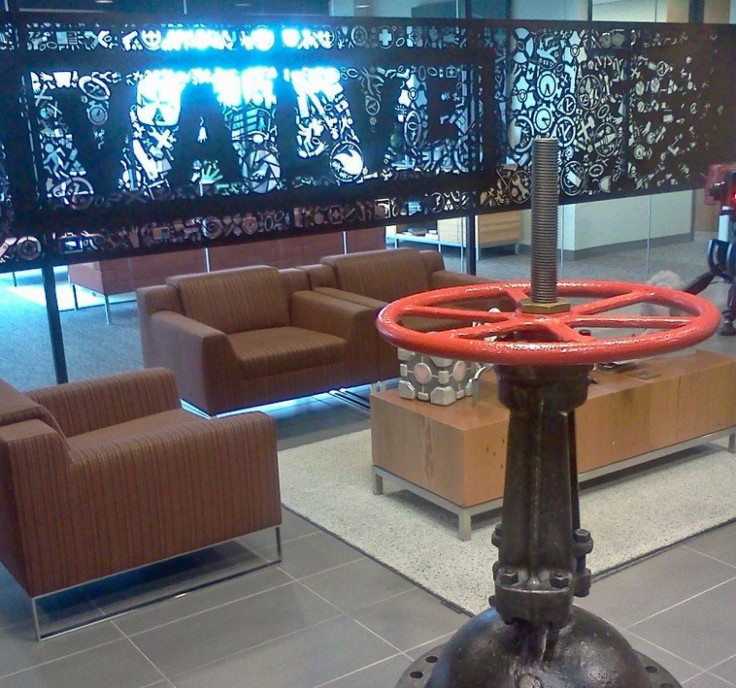Valve, Maker of Steam and Source Software, Turns To Hardware

Bellevue, Wash.-based Valve, the software developer behind the critically-acclaimed Half-Life series, the Steam network for distributing games and the Source engine, is reportedly interested in building hardware.
Valve, which was founded by two former Microsoft employees in Gabe Newell and Mike Harrington, added a job posting to its site on Tuesday morning for an industrial designer. It may be coincidental that Valve is getting into the hardware game at the same time as Microsoft (see: the Surface), but Valve's job posting shares the company's frustration in the severe lack of innovation when it comes to hardware.
"Valve is traditionally a software company," the company said. "Open platforms like the PC and Mac are important to us, as they enable us and our partners to have a robust and direct relationship with customers. We're frustrated by the lack of innovation in the computer hardware space though, so we're jumping in. Even basic input, the keyboard and mouse, haven't really changed in any meaningful way over the years. There's a real void in the marketplace, and opportunities to create compelling user experiences are being overlooked."
Valve explains that the industrial designer position involves working alongside a "world-class group of electrical, mechanical, software engineers and designers who are businely defining new entertainment experiences through both hardware and software." In addition, the company is looking for someone with a background and expertise in "product design and manufacturing, ergonomics, usability, aesthetics, and surfacing."
With the exception of a Kickstarter-funded newcomer, the gaming industry has seen little innovation when it comes to hardware. Sony, Nintendo and Microsoft continue to churn out new consoles every three to five years or so, but a handful of new companies are already disrupting the traditional gaming space.
Mobile gaming has taken off, thanks to the prevalence of iOS and Android devices. Cheap and easy PC gaming, which was accomplished via Valve's own Steam network, allows users to buy and download games instantaneously, and at a fraction of the game's retail price. And then there's Ouya.
Console gaming is still a popular medium, but growth of the industry has slowed down considerably. Global software sales were down three percent in 2011, and global hardware sales were down seven percent. Platforms like the Xbox 360 and Playstation 3 continue to perform thanks to the volume of game titles available for those systems, but most consoles are not doing so well, and developers aren't happy.
"The console business as it is today is completely closed to the independent developer," said Brian Fargo, founder of gaming company inXile. "The more we have something like this open console that can break that, it's gonna open up a new business sentiment for the independent developers."
Gamers and developers similarly want an open platform. Open platforms lower the entry level for developers to build and submit their games, which gives gamers a greater number and variety of games to play. More games leads to greater competition, which in turn drives down prices. Lower prices benefit everyone, but especially the consumer.
One would presume that Valve, which has long believed in the value of building a quality product, would look to build a gaming platform that can satisfy developers and gamers alike.
"Do you prefer to define the work that you pursue, rather than simply following a vision that's been set for you? If you're seeking an opportunity to steer product definition, functional exploration and design decision-making, consider joining Valve," the company writes. "We can't wait to see where you'll take us."
Valve has set no timetable for when it would like to build its hardware, but given the company's history with game releases, it's possible Valve will take its time with hardware development. The company is famous for delaying many of its games, even though the majority of them go on to become critical successes.
We may not see Valve hardware for at least another year or two, but it will be interesting to see how the company ties together its software network with its proposed hardware.
Valve is currently accepting applications.
© Copyright IBTimes 2024. All rights reserved.






















